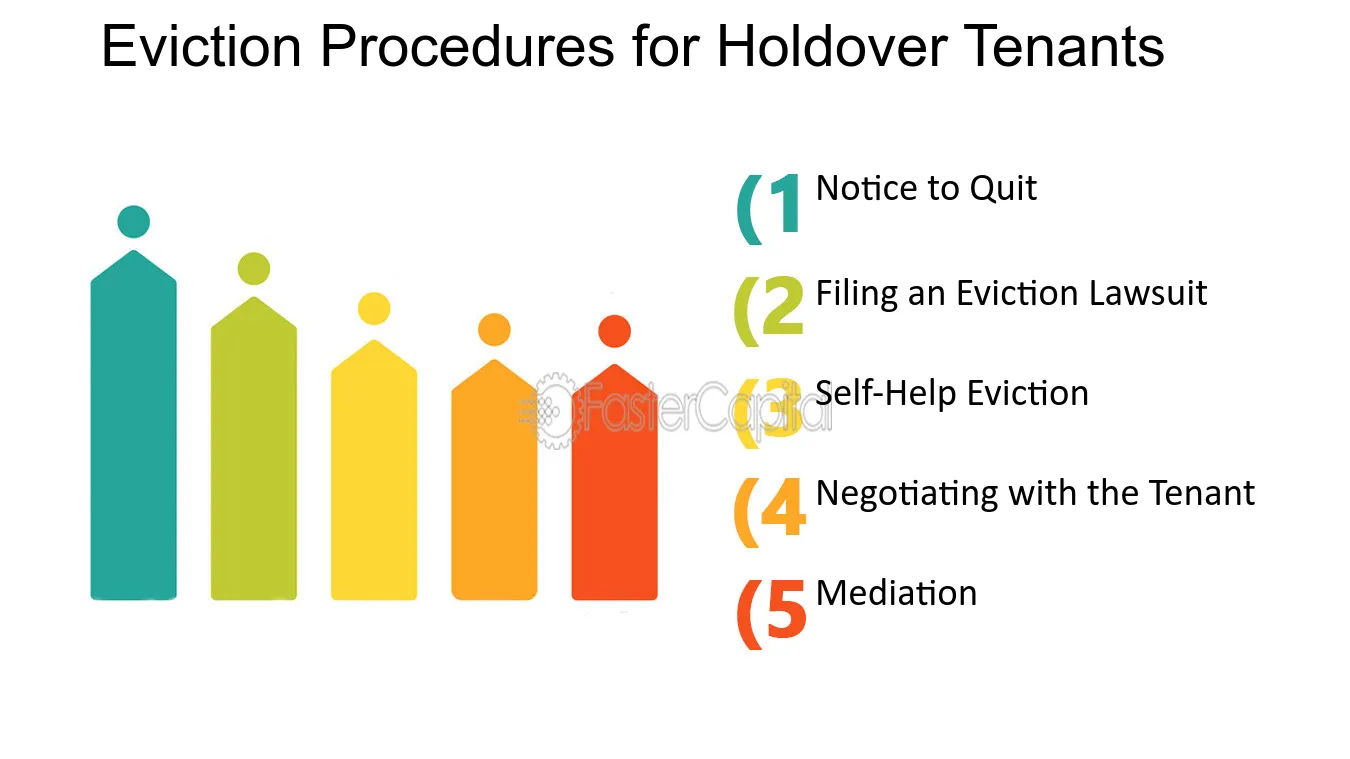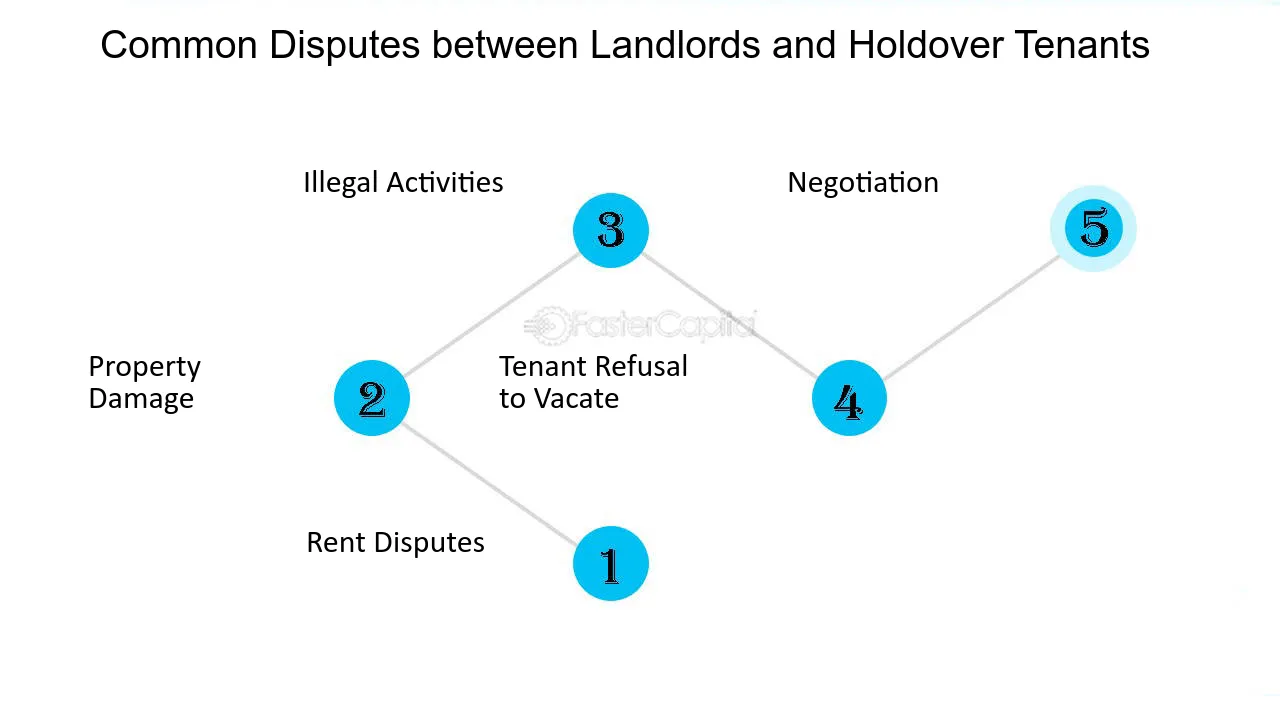What is a Holdover Tenant?
A holdover tenant refers to a tenant who continues to occupy a rental property after their lease has expired. This situation can occur when a tenant fails to vacate the premises at the end of their lease term or when a tenant remains in the property without signing a new lease agreement.
When a tenant becomes a holdover tenant, their legal status changes. Instead of being a tenant with a lease agreement, they become a tenant at will or a month-to-month tenant. This means that the terms of their original lease may no longer apply, and their tenancy can be terminated with proper notice.
Legal Rights of a Holdover Tenant
While a holdover tenant may not have the same legal rights as a tenant with an active lease, they still have certain rights and protections under the law. These rights vary depending on the jurisdiction, but some common legal rights of holdover tenants include:
- Right to receive notice of termination: Landlords must provide holdover tenants with proper notice before terminating their tenancy. The length of notice required may vary by state or local laws.
- Right to remain in the property: Holdover tenants generally have the right to remain in the property until proper notice is given and the eviction process is followed.
- Right to request a new lease: In some cases, holdover tenants may have the right to request a new lease agreement from the landlord. This can provide them with more stability and protection.
- Right to dispute eviction: If a holdover tenant believes that the eviction is unjust or improper, they may have the right to dispute the eviction in court.
Legal Rights of a Holdover Tenant

A holdover tenant is a tenant who remains in a rental property after their lease has expired. While the specific legal rights of a holdover tenant can vary depending on the jurisdiction, there are some general rights that are commonly recognized.
1. Right to Remain in the Property
One of the main legal rights of a holdover tenant is the right to remain in the property. In most cases, the landlord cannot simply evict the tenant without going through the proper legal process. This means that the holdover tenant can continue to occupy the property until a court order or eviction notice is obtained.
2. Right to Receive Notice

In many jurisdictions, landlords are required to provide holdover tenants with a written notice to vacate the property. This notice typically gives the tenant a certain amount of time to either leave the premises or negotiate a new lease agreement. The length of this notice period can vary depending on local laws.
3. Right to Negotiate a New Lease
In some cases, a holdover tenant may have the right to negotiate a new lease with the landlord. This can occur if the landlord is willing to continue renting the property to the tenant and the tenant is interested in staying. The terms of the new lease, including the duration and rent amount, can be negotiated between the parties.
4. Right to Contest an Eviction
5. Right to Collect Security Deposit
In many cases, holdover tenants are entitled to the return of their security deposit upon vacating the property. However, the landlord may have the right to deduct any unpaid rent or damages from the deposit before returning it to the tenant. It is important for holdover tenants to carefully review their lease agreement and local laws to understand their rights regarding the security deposit.
| Legal Rights of a Holdover Tenant |
|---|
| Right to Remain in the Property |
| Right to Receive Notice |
| Right to Negotiate a New Lease |
| Right to Contest an Eviction |
| Right to Collect Security Deposit |

Emily Bibb simplifies finance through bestselling books and articles, bridging complex concepts for everyday understanding. Engaging audiences via social media, she shares insights for financial success. Active in seminars and philanthropy, Bibb aims to create a more financially informed society, driven by her passion for empowering others.
